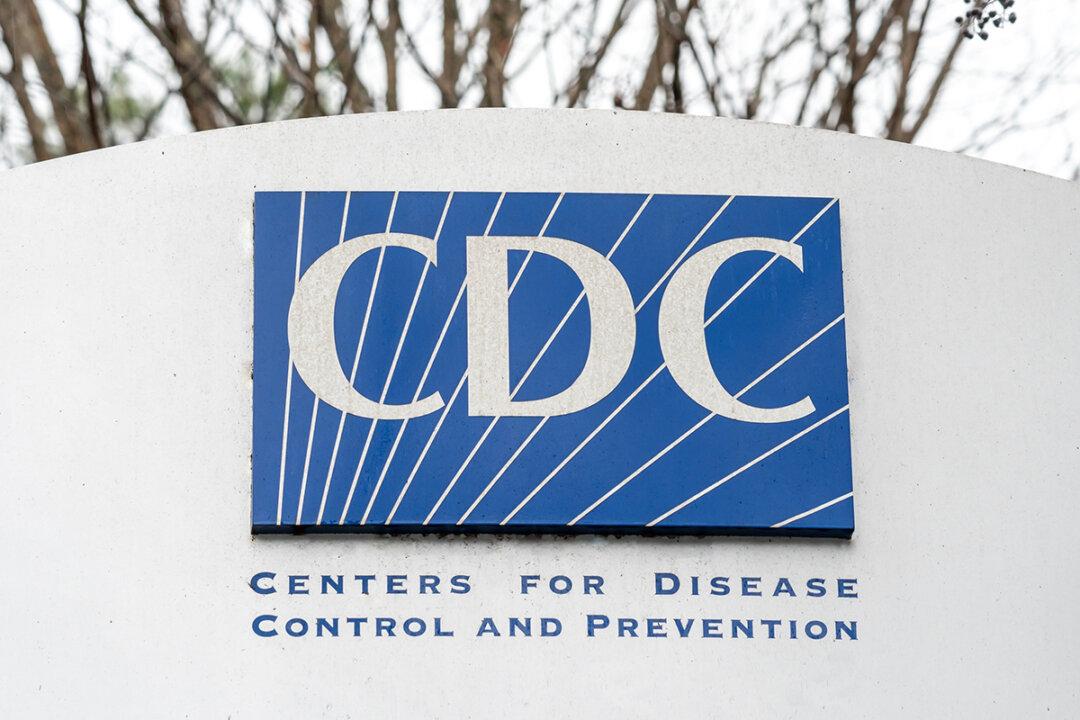A new study by researchers at Florida State University suggests that one artificial sweetener may result in heritable complications when consumed.
How Aspartame Affects Male Mice
To test the heritable neurological effects, scientists first divided male adult mice into three groups: a control group given plain water, a group given water with an aspartame concentration of 0.015 percent (the mouse equivalent of a human drinking two 8-ounce cans of diet soda), and a group that ingested water with an aspartame concentration of 0.03 percent (four 8-ounce cans).Both aspartame water drinks represented amounts that were a fraction of what the U.S. Food and Drug Administration (FDA) considers safe for people—making up just 7 percent to 15 percent of the agency’s maximum recommended intake.
All groups were given their respective drinks daily over 16 weeks and tested on spatial working memory, spatial learning ability, and learned helplessness at four-, eight-, and 12-week intervals using a Y-maze. At 14 weeks, they were tested using a Barnes maze.
Results from the Barnes maze test show that the aspartame-free group found the safe exit more quickly than both mice groups ingesting aspartame.

Effects of Aspartame on the Next Generation
All male mice were then bred with female mice not given aspartame. The experiment showed that the low dose still resulted in offspring with a poorer performance on the Y-maze test, revealing learning and memory deficits that were “heritable via the paternal line from fathers to their children,” coauthor Pradeep Bhide, the Jim and Betty Ann Rodgers eminent scholar chair of developmental neuroscience in the Department of Biomedical Sciences told The Epoch Times.
Why Does This Happen?
The proposed mechanism is complex, but Mr. Bhide told The Epoch Times his theory.“The breakdown products of aspartame are neuroactive. They cross the blood-brain barrier and enter the nervous system,” he said.
What Does the FDA Say?
Approved by the FDA for use in tabletop sweeteners in 1981, in carbonated drinks in 1983, and in other food products in 1996, aspartame is one of the most widely consumed artificial sweeteners. Overweight or obese adults and children often use the zero-calorie sweetener to help manage weight.In July, the FDA released a statement after reviewing recent studies submitted by the International Agency for Research on Cancer designed to identify possible toxic effects, including studies assessing aspartame’s effects on the reproductive and nervous systems, links to cancer, and metabolism. The FDA concluded that the evidence wasn’t a cause for concern, reiterating the safety of its use.
“Aspartame is one of the most studied food additives in the human food supply,” the agency stated. “FDA scientists do not have safety concerns when aspartame is used under the approved conditions.”
The agency mentioned that the sweetener is approved in many countries and approved by Health Canada and the European Food Safety Authority.
Takeaways
According to the study, “both male and female mice born from aspartame paternal lineages showed deficits in spatial learning compared to their counterparts in the plain drinking water paternal lineage.”Still, Mr. Bhide told The Epoch Times that research in mouse models—when extrapolated to humans and considering cautions associated with such extrapolation—suggests “that consuming two to four 8-ounce cans of aspartame-containing drinks daily for a few months could produce ... spatial working memory deficits, and if the daily consumption continued further, could produce learning and memory deficits [in future generations].”






